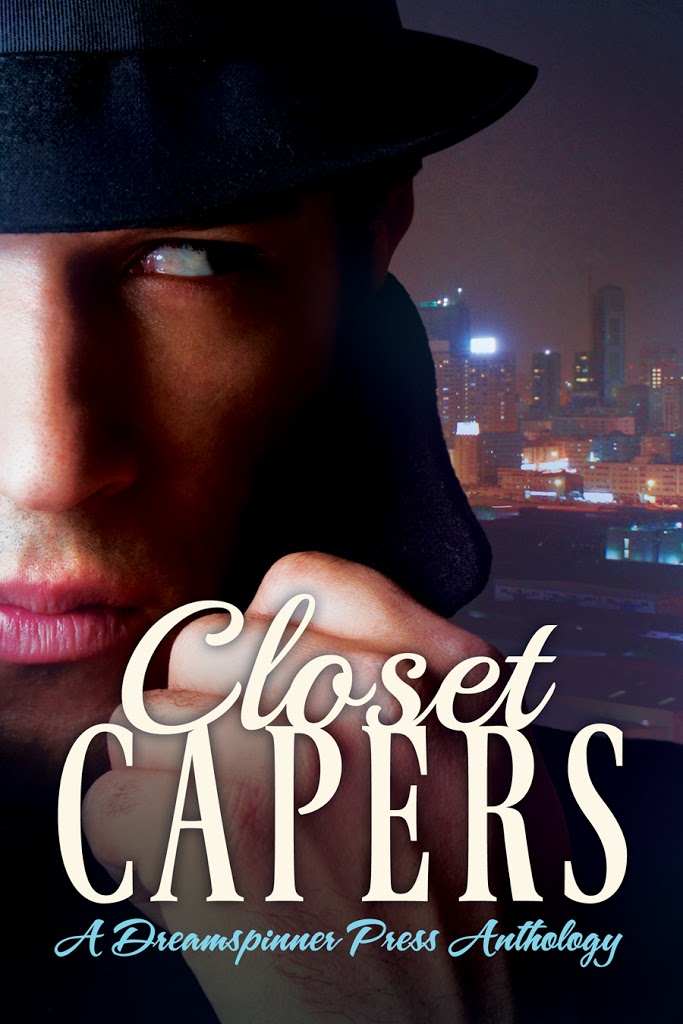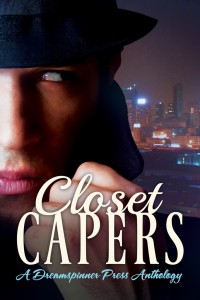Finding Inspiration in History
For the professional historian, history (however one chooses to define the term) is a living, breathing entity. It thrives whether human beings are at their worst or at their best. It is both a lived experience and an intangible figment. Many people treat history as though it is an absolute, but the truth is much more complex. Like writing fiction, history, as we know it, is presented to us through an author’s interpretation. Tastes change over time, theories fall in and out of favor, and the narrative becomes something else altogether. Teasing out a thesis from an amalgamation of data takes dedication, and it is that determined nature that reminds me of writing for pleasure rather than for scholarly pursuits.
My day job requires a lot of time to be spent mulling around in dusty primary source material, and I often find that some of those documents produce rather inspiring ideas. Whether for fiction or non-fiction, the narrative must make sense, yet, even for historians, the result need not be dull. When I comb through French archival documents from the eighteenth century, detailing the sumptuous lives of the excessively wealthy, I can almost picture Versailles as it was when Louis XIV held court there. From these records, the daily lives of the aristocrats are laid bare through their purchases. Perfumes, paintings, and lavish feasts all provide a window with which one can envision to a way of living that we in the twenty-first century will never know or truly understand. The same can be said for almost any time period or class one can imagine.
If one is plagued by writers block, I recommend playing a little game I derived from an episode of Joss Whedon’s Buffy the Vampire Slayer. The game is called “Anywhere but Here.” The object of this exercise is to place yourself (or your character) anywhere and anytime that you are not. The possibilities are endless, even if you only have the sketchiest details about who your character is or what your story might be about. If you want to write about a soldier, do not just think twentieth century. Think fifteenth century or even third! You have literally all of recorded human existence to play around with, so enjoy yourself (and always be respectful of cultures that differ from one’s own).
The minute details of the past are a delightful way to stumble upon some epic plot bunnies, but the task of finding out historical details (if one is hoping for historical accuracy) can be daunting. The solution is often to be aware of one’s limitations in source material and strive for an “alternative history.” However, for the romance writer looking to be historically accurate while keeping a plot interesting, I have the following books to recommend as excellent starting places:
– Eleanor Herman’s Sex with Kings is a richly detailed work chronicling the intrigue that abounds in the sex lives of Europe’s monarchies through the centuries.
– Roman Homosexuality: Ideologies of Masculinity in Classical Antiquity by Craig A. Williams is a fantastic read and provides a bevy of Classical sources that reconstruct how the ancient Romans viewed and practiced same-sex relationships.
– The Time Traveler’s Guide to Medieval England: A Handbook for Visitors to the Fourteenth Century by Ian Mortimer is a must-read for anyone wanting to write a historically accurate depiction of medieval English life. It is also a personal favorite of mine.
Details culled from the volumes above may provide a tiny spark of inspiration for some or possibly provide the plot necessary for a whole novel. What one may come away with (besides the awesomeness of learning new historical facts) is a story that may be a little quirky but very unique. History may only tell us stories about the past, but there is nothing that says that we cannot use it to make a few stories of our own.
– Pinkie Rae Parker
Pinkie’s story “Joie de Vivre” will be featured in the upcoming Dreamspinner Press anthology, Closet Capers, which will be released on April 22nd.
Story Blurb:
Aspiring restaurateur Jules hopes to honor his aunt’s memory by placing one of her recipes on his menu. However, while visiting the farmhouse he inherited from her, he discovers her treasured recipe box has disappeared and encounters a host of needed repairs that make staying in the house impossible. When a childhood antagonist, Henri, reappears, can Jules take him up on his offer of help… and maybe more?
Buy Links:
Paperback- http://www.dreamspinnerpress.com/store/product_info.php?products_id=3770&cPath=55_767
E-book- http://www.dreamspinnerpress.com/store/product_info.php?products_id=3769&cPath=55_767
Author Bio:
Pinkie Rae Parker is happy to use the moniker passed down from her great-grandmother. Born and raised in the southern United States, Pinkie Rae is currently a cultural historian and graphic designer. She enjoys researching fashion and design in Europe during the eighteenth century and studying French. However, writing fiction is a passion that she has had since she was a teenager, and she now hopes to pursue writing for publication (outside of academia) as a full-time career.
Author Links:
https://www.facebook.com/PinkieRaeParker
http://pinkieparker.tumblr.com/
http://pinkieraeparker.wordpress.com/


